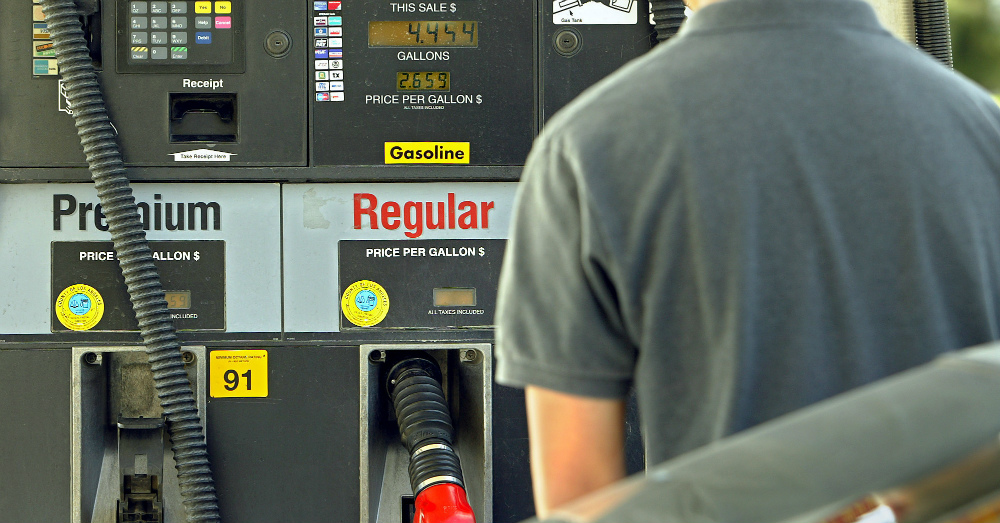There are products on the market that promise to help increase the fuel mileage of your vehicle or clean out your engine and some of these actually do help, but one of the worst pieces of advice you can get is to use premium gasoline when you don’t need to. If a vehicle is meant to only run on regular unleaded gasoline that’s exactly what it should do, there is no benefit to paying more money for the upgraded gasoline and you won’t get anything out of using this upgraded fuel.
Unlike oil, gasoline is meant to be used to burn and power the vehicle while oil is in place to lubricate and protect engine parts. When you look at the differences this way you can see how these two are extremely different and have a different purpose in the combustion chamber. Because oil is protecting engine parts from wear and tear having better, more expensive oil inside your vehicle is actually a great idea, especially as your car reaches higher miles and needs more protection to help it last much longer. When it comes to gasoline, the same logic cannot be used.
Currently Americans waste over $2.1 billion a year by purchasing premium gasoline when only regular is needed. While you might feel like you’re gaining some benefit by using 93 octane instead of 87 octane, the American Automobile Association (AAA) performed a test using four, six and eight cylinder engines that are made to run on 87 octane and found no difference when the vehicles were using the lower grade gasoline to when they ran on the premium. This alone should be enough of a reason not to change to premium grade gasoline when driving, but some people need more convincing.
Over 70 percent of the vehicles on the road today are meant to only run on regular gasoline. Only sixteen percent require premium gasoline and the remaining fourteen percent use some form of alternative energy for their driving. While most vehicles are supposed to use the 87 octane gasoline, more than 270 million times we have purchased premium fuel instead of the regular gasoline at the pump. The only explanation to this is the confusion between gasoline and oil and what grades should be purchased. This means we’re burning money inside our engines that we don’t need to be burning.
Think of the protection that oil provides over the course of five to ten thousand miles. You want the best protection for this duration you can find right? Of course you do, which makes sense to purchase higher grade oil and have it in your engine. As for the gasoline, a tank of gas will last you nearly 300 miles, which is of little significance compared to the oil. Because of this you should now realize you need to stick to the lower grade gasoline unless your vehicle specifically calls for it, and make sure you have the best oil you can afford to have in your engine.
This post may contain affiliate links. Meaning a commission is given should you decide to make a purchase through these links, at no cost to you. All products shown are researched and tested to give an accurate review for you.
